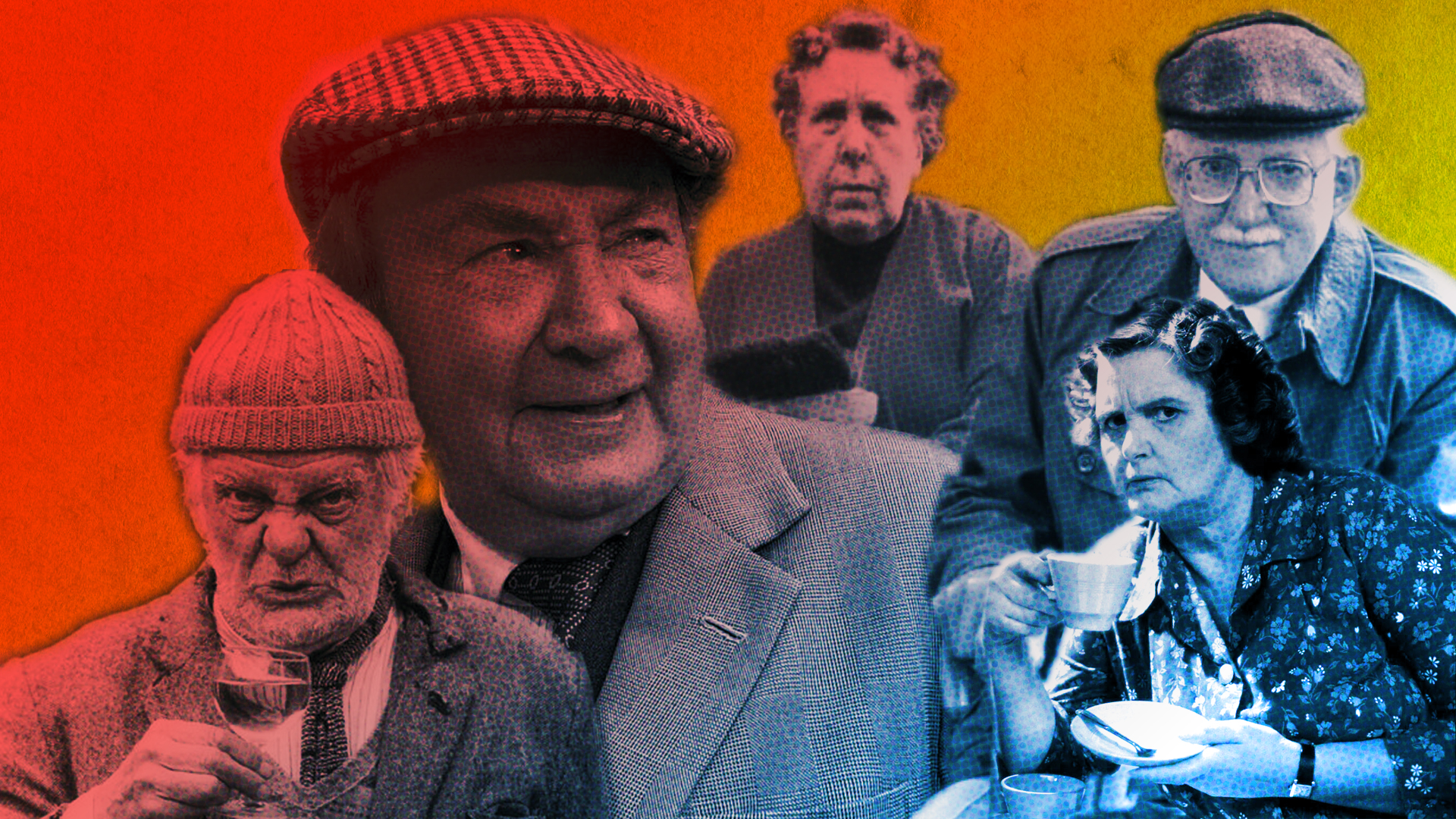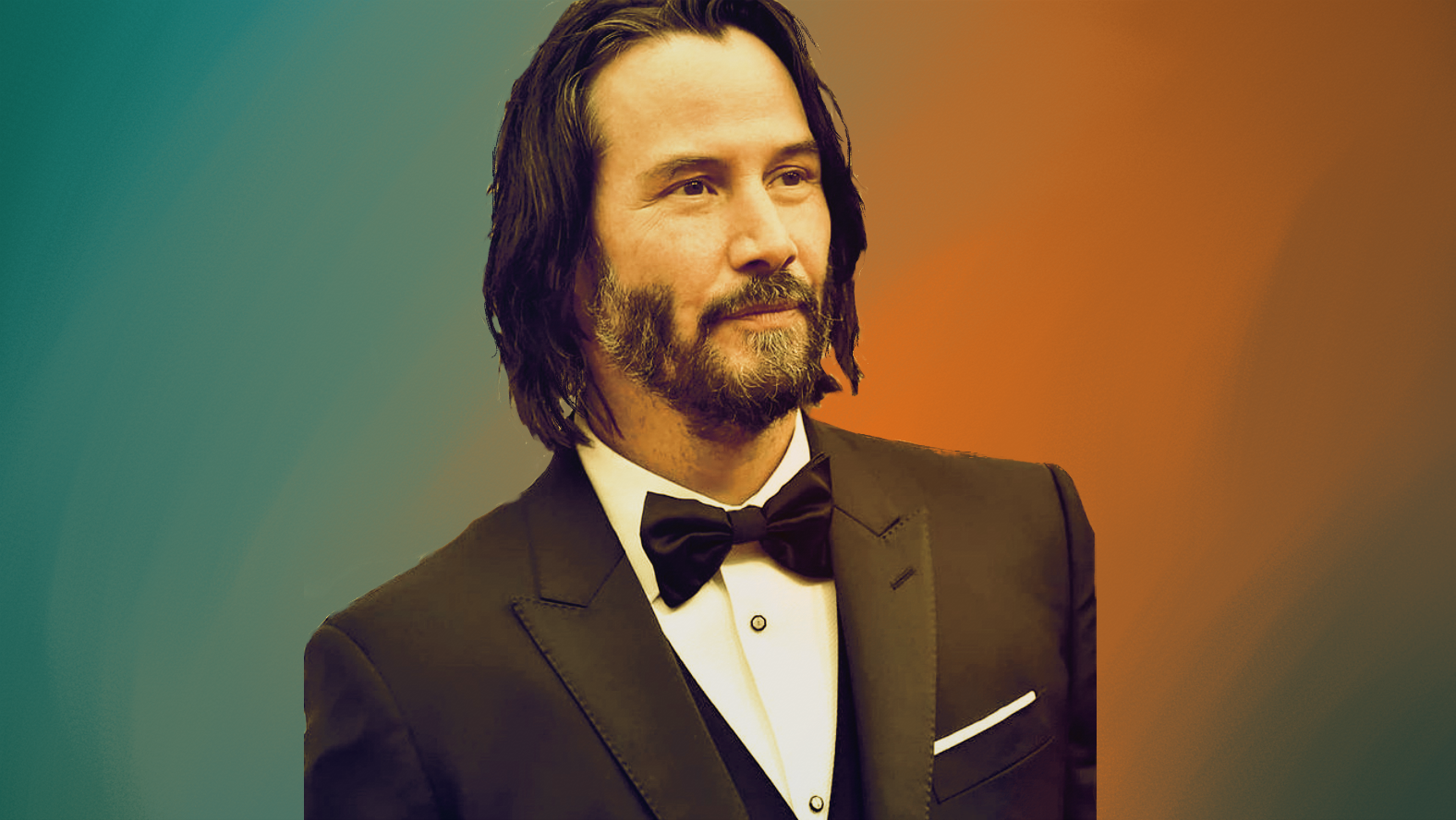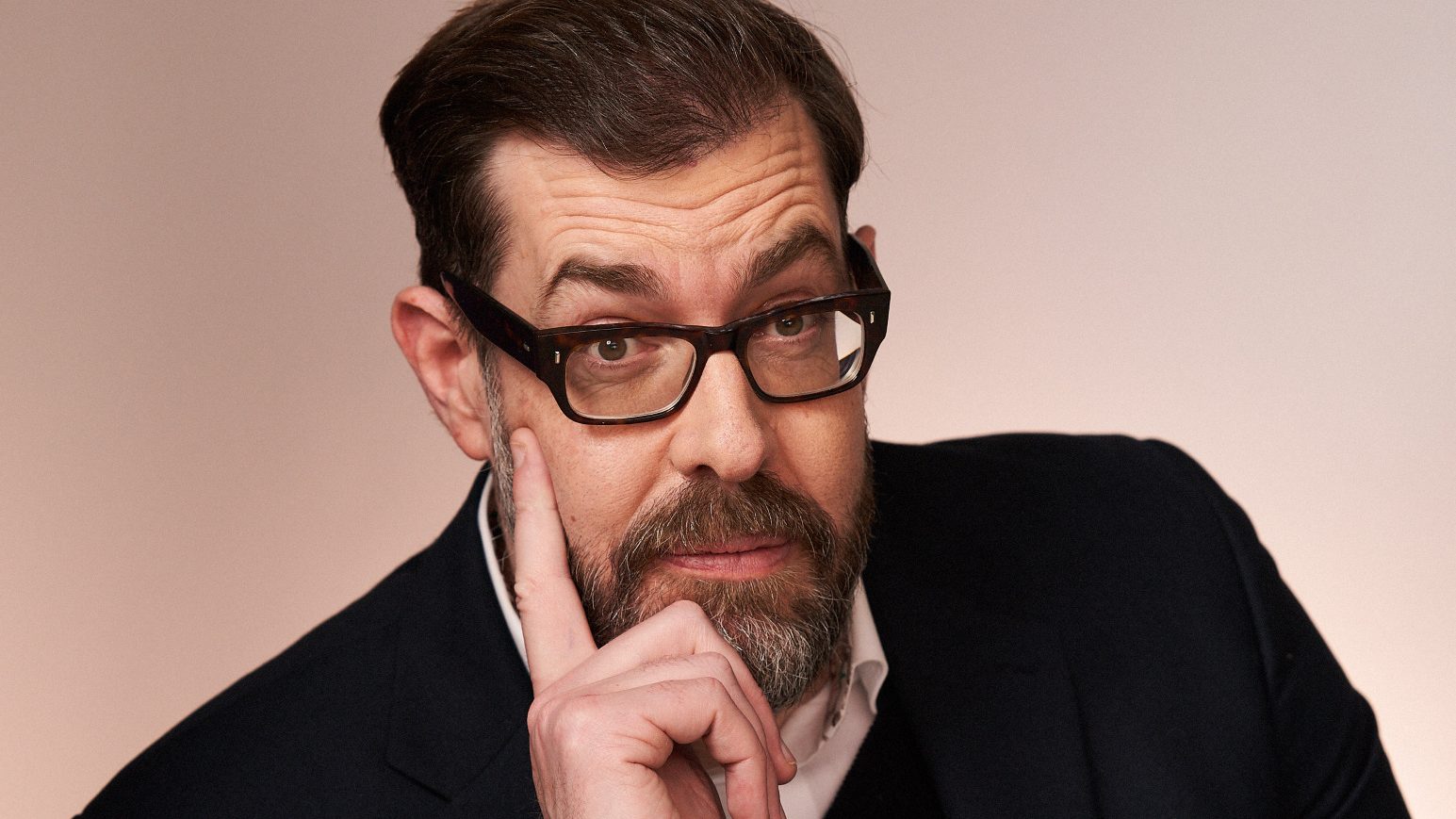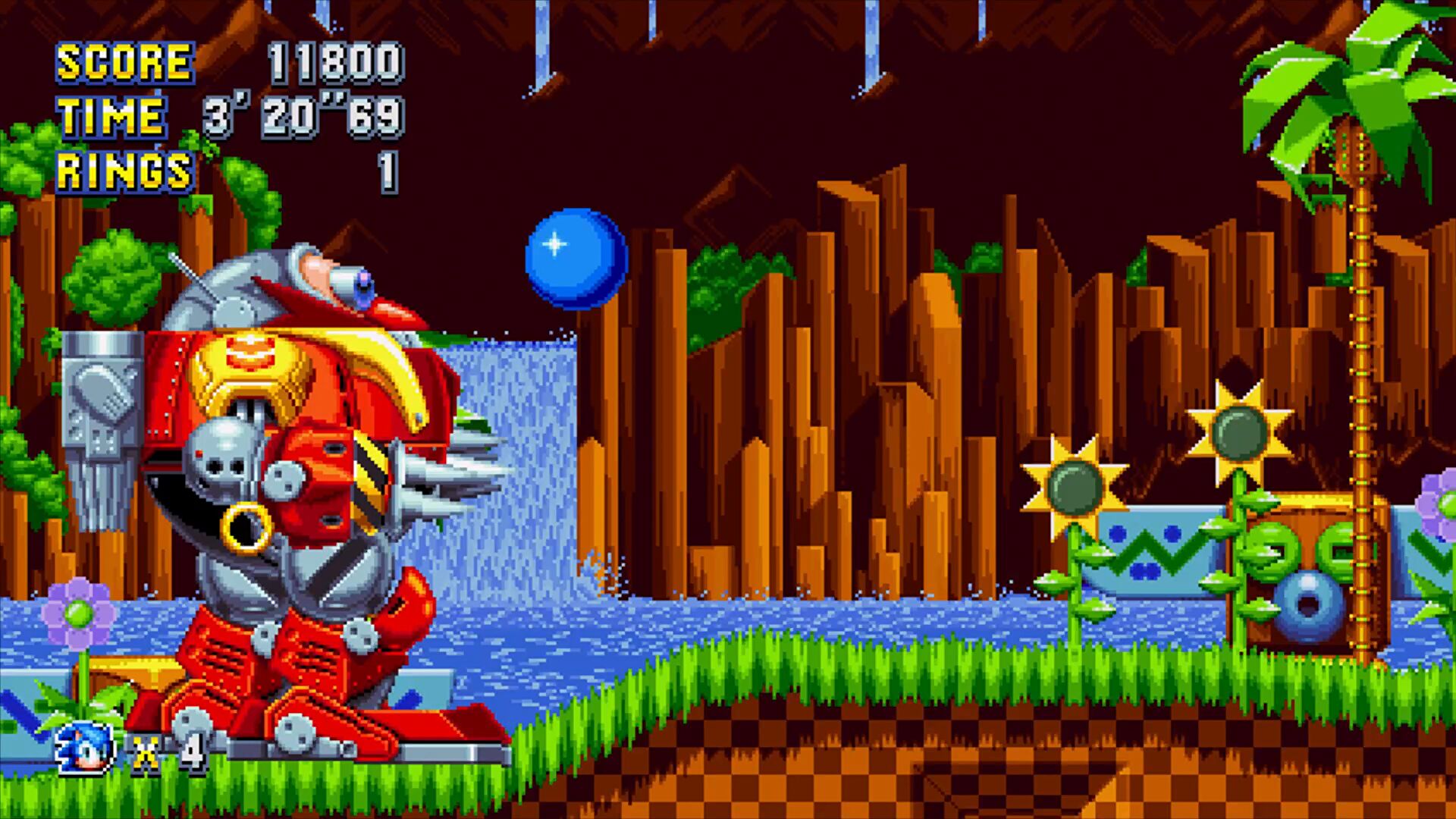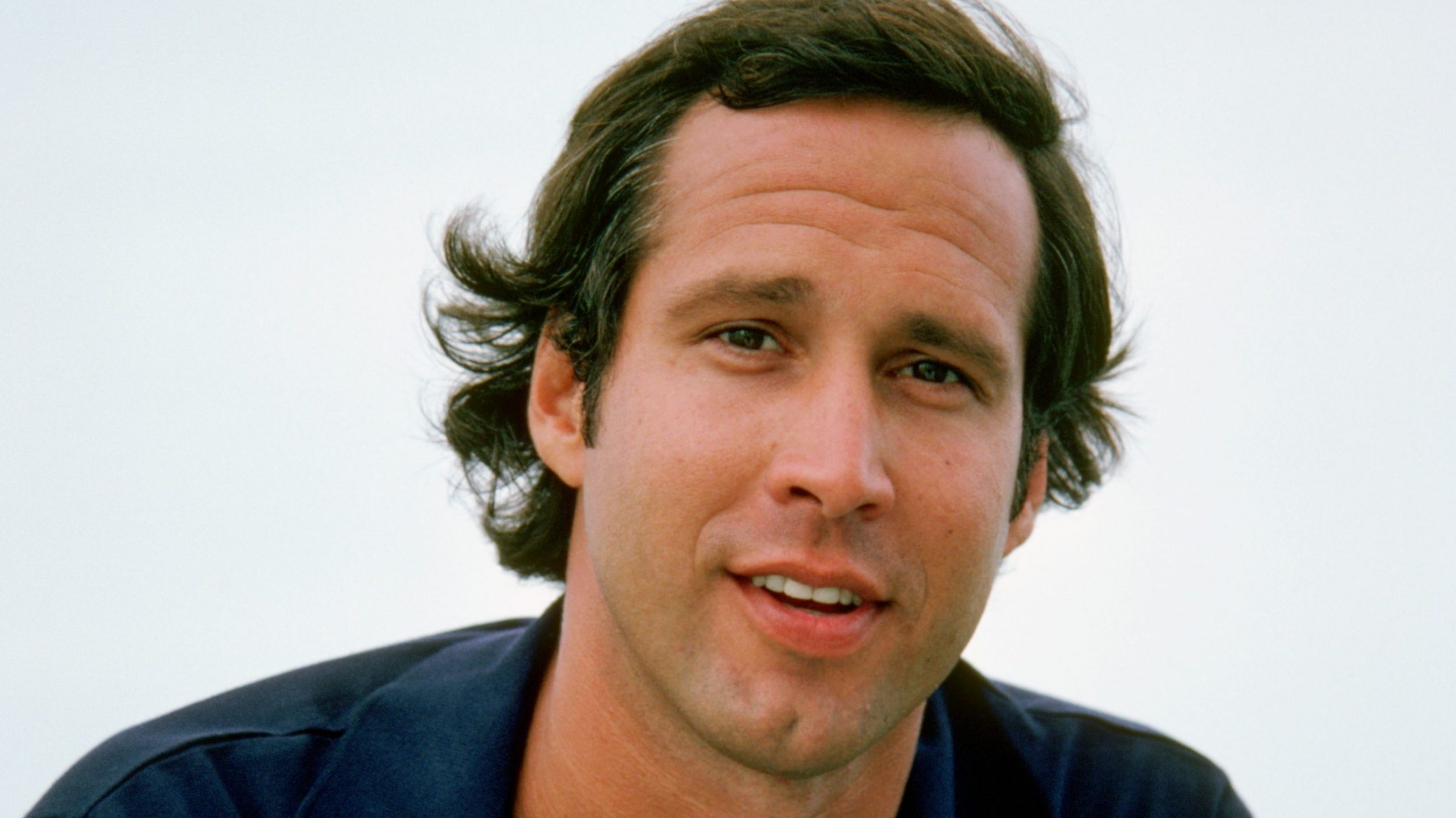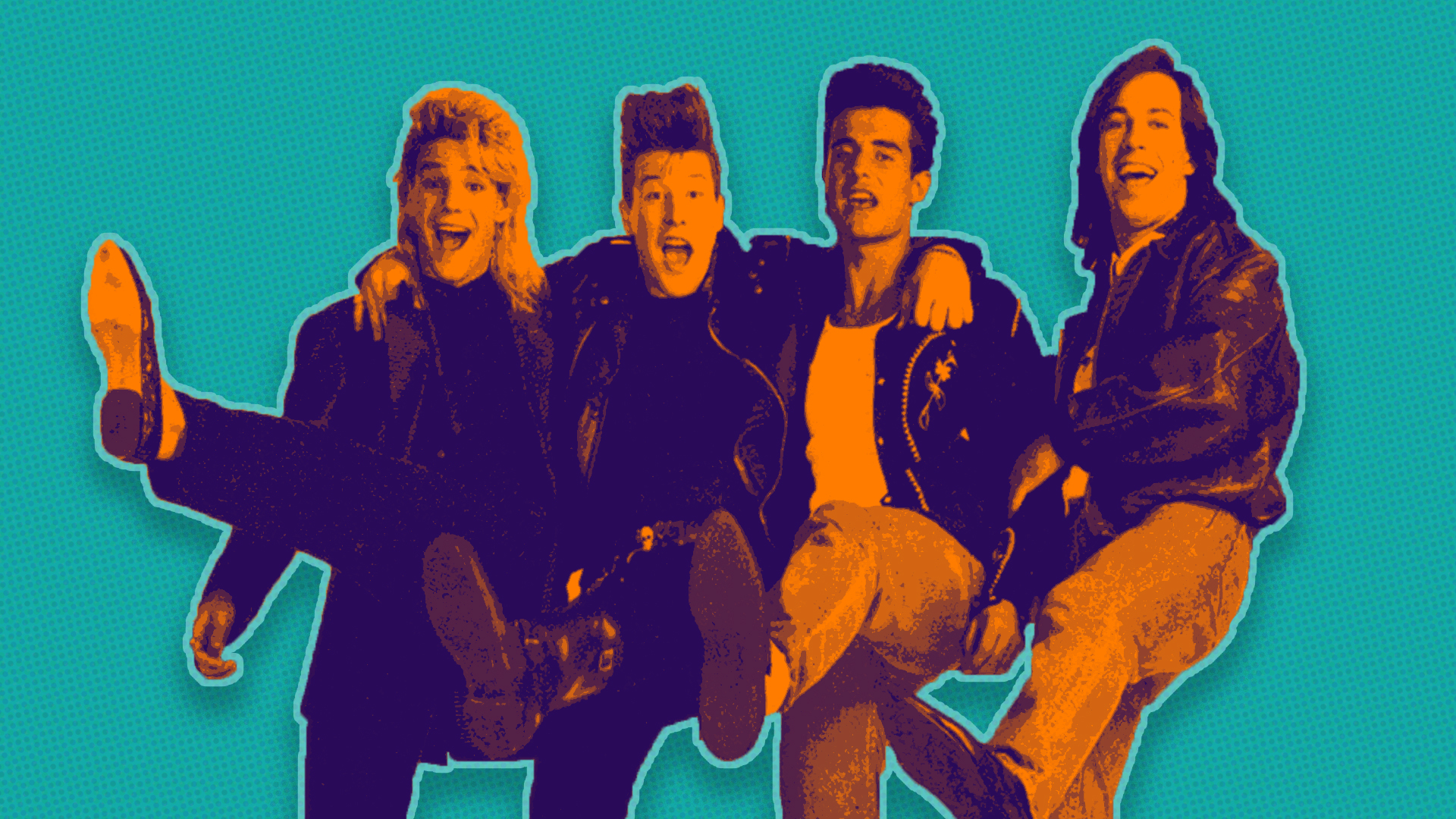It’s been a few weeks now since I completed my binge watch of all 295 episodes of Last Of The Summer Wine, and my mind is still percolating what I watched.
If nothing else the show is a remarkable body of work, whose sheer ubiquity seems to have rendered it … overlooked. Or not even overlooked. Every time I mentioned it on Twitter, I got some sort of reaction to it, from apathy, to confusion, to outright bile. And to be honest, most of that reaction seemed to be based on the perception of the show more than the reality.
The moment someone dismissed the show as Compo falling down a hill in the bath, I stopped listening.
It seems impossible to write and make a show for thirty plus years, year in, year out, whilst at the same time making hundreds of other episodes of other hit shows – a feat Roy Clarke acheieved, and is still adding to even now.
Anyone* can write twelve episodes of a show – try writing nearly three hundred of them.
Last Of The Summer Wine, in the Blamire years, starts as quite a bleak exploration of redundancy and the economic decline of a region. Three unemployed, and unemployable older men with nothing to do, revert to their childhoods, and wander around being bored, moving from pub to library to cafe to sweeping Yorkshire vistas. Everything is grubby, dillapidated and the women seem strong, but in constant fear of sexual assault.
And somehow it still feels cosy.
Aesthetically the show was probably decades ahead of its time. Eschewing the studio audience entirely in its later run, even when it did utilise sets, they were beautifully realised affairs. As Alan J W Bell directed through the years, he established a visual style that burned into peoples’ psyches. And he handled one shot blocking as masterfully as Spielberg (I’m not exaggerating).
When Blamire left, Foggy stepped in seamlessly, and the show probably found its voice. The bleakness was still there, but less overt. Foggy was nursing some serious PTSD, and in one moment unheard by any other character, admits to giving up everything he knew during torture. In that light, his bluster about his army days takes on a new meaning. He’s no longer just a fantasist, he’s a man trying to undo the psychological damage in his own mind.
Seymour sent the show down a broader path, with the stunts and pratfalls that had always been there becoming more prominent, before Foggy’s return bought it back to its earlier days. As time went on, and the show moved into the millenium, it went through many changes, but still felt like the same show. At the end, Russ Abbot evoked enough of Foggy and retained his own character that as the final shot lingered on my screen, after 295 episodes, I felt I wanted to watch some more.
Even after 37 years, Last Of The Summer Wine didn’t outstay its welcome.
Throughout its run it constantly surprised me. The feature length special that changed the way sitcoms approached Christmas; Compo returning to Dunkirk; The Secret Birthday Of Norman Clegg; John Cleese; an episode ending with the trio taking a very long piss together; an episode where they smear dog shit all over a country home; Compo falling down a hill in a bath.
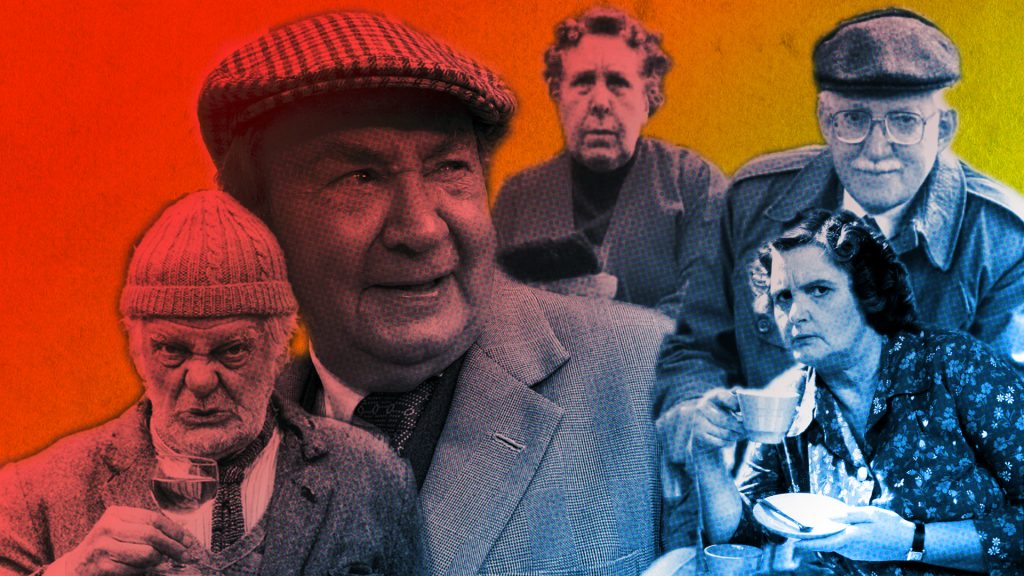
*not anyone
